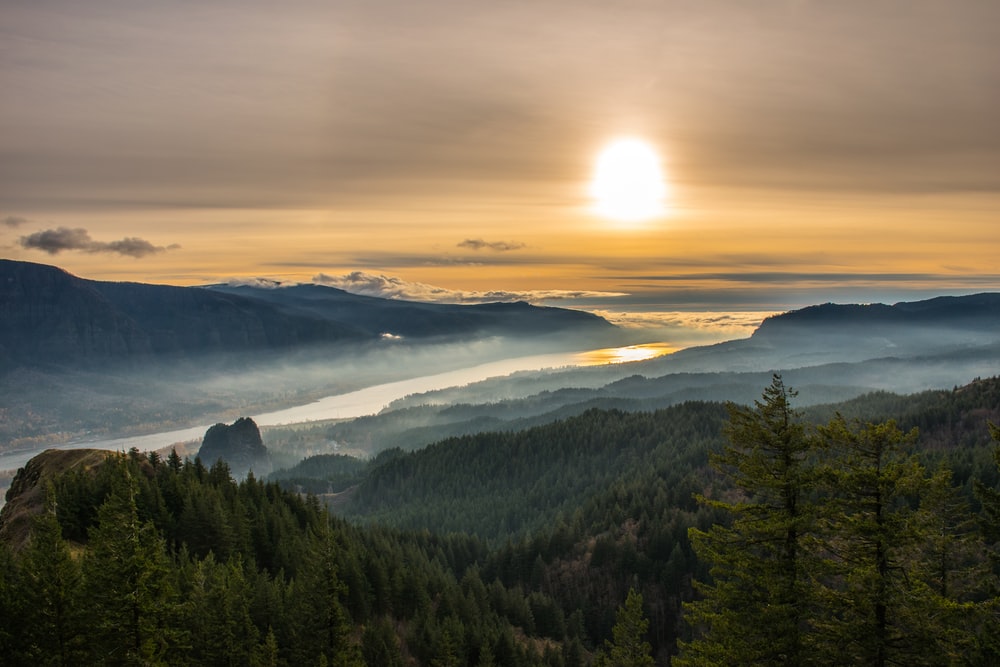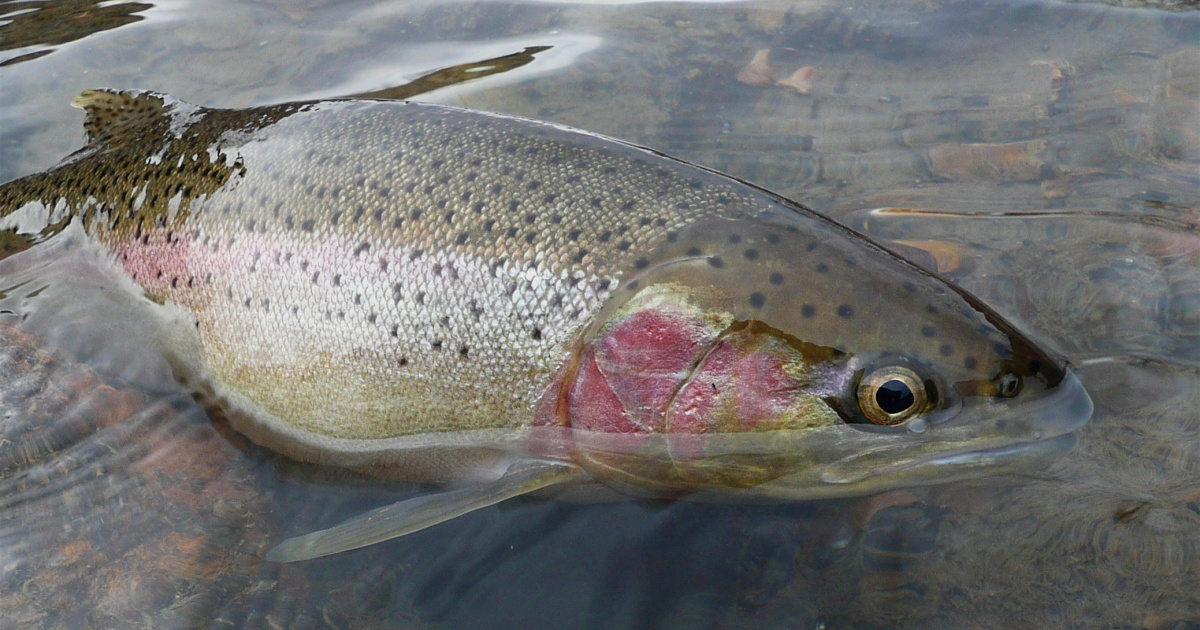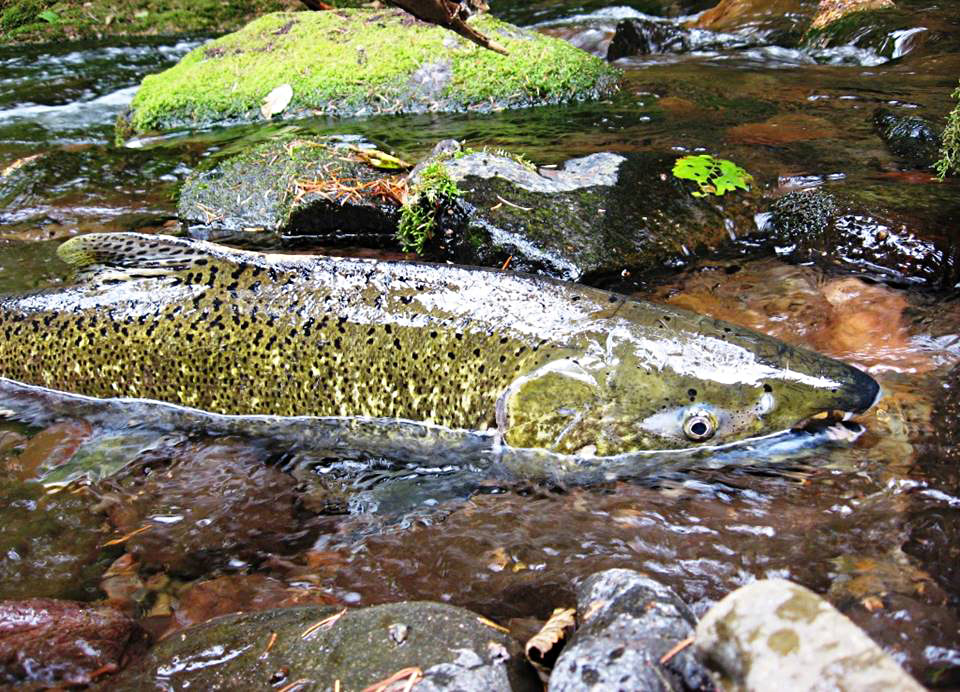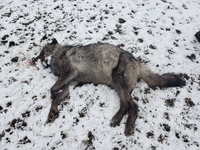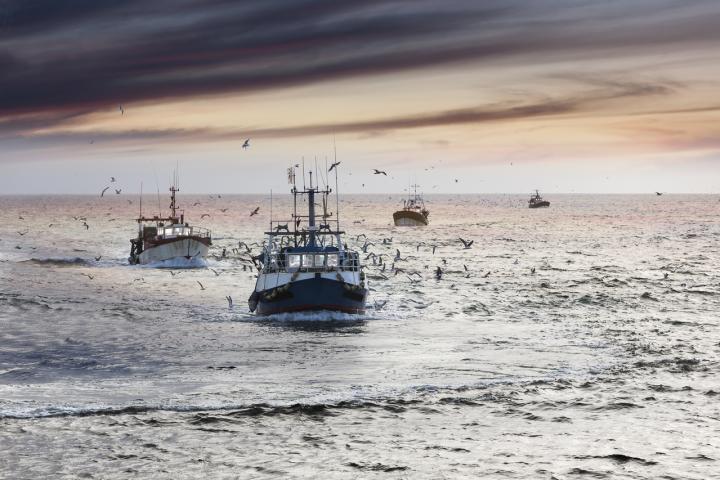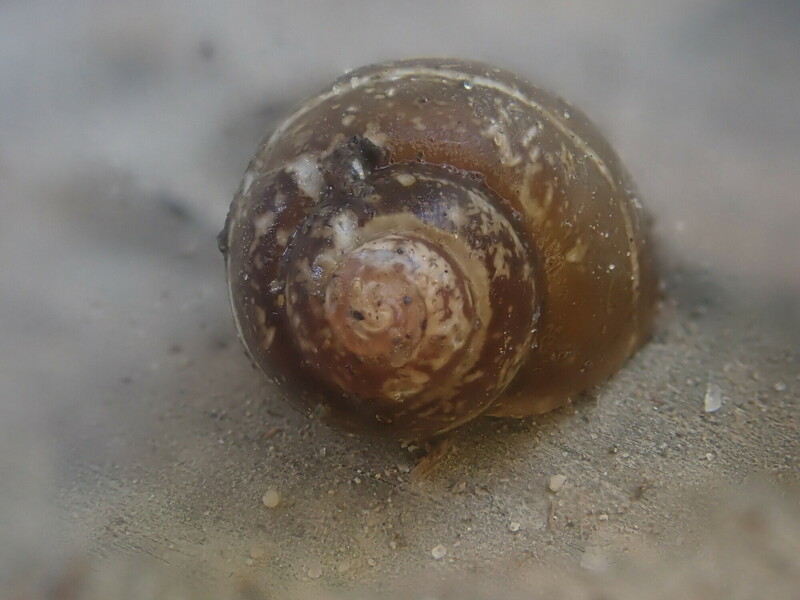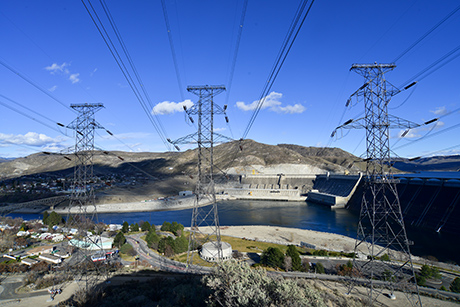The status of southwest Washington salmon and steelhead listed under the federal Endangered Species Act is generally stable, although none of these fish populations are close to meeting recovery goals, says a recent report by the Lower Columbia Fish Recovery Board and the Washington Department of Fish and Wildlife.
Latest News
Imperiled Steelhead Migrating Up Columbia/Snake River Show Lowest Survival Bonneville Dam To McNary Dam, Miss Survival Targets
April 18th, 2024
Asotin Creek adult summer steelhead survival is at its lowest in the Bonneville Dam pool as the fish migrate upstream to the Snake River tributary, according to a presentation last week that focused on survival of steelhead listed as threatened under the federal Endangered Species Act. Temperature and harvest (catch and release mortalities) are cited as the main reasons for steelhead struggles in the Bonneville Pool.
Fish Family Tree: McKenzie River Study Shows Reproductive Success For First Generation, Wild-Born Descendants Of Hatchery Chinook Salmon
April 18th, 2024
Researchers who created “family trees” for nearly 10,000 fish found that first-generation, wild-born descendants of hatchery-origin Chinook salmon in an Oregon river show improved fitness.
Oregon Annual Wolf Report Shows No Population Growth For First Time In 16 Years; ‘The Amount Of Poaching, Other Suspicious Deaths Alarming’
April 18th, 2024
The minimum known count of wolves in Oregon at the end of 2023 was 178 wolves, according to the Oregon Wolf Conservation and Management annual report released this week by the Oregon Department of Fish and Wildlife. This is the same number documented in 2022 and does not include 10 wolves translocated to Colorado in 2023 to help establish a wolf population there.
PFMC Recommends Closure For California’s Ocean Salmon Fisheries; For Oregon, Washington Fishing Opportunities Likely Similar To Last Year
April 18th, 2024
The Pacific Fishery Management Council acted unanimously to recommend closure of California’s commercial and recreational ocean salmon fisheries through the end of the year, mirroring recommendations made last year to close the fisheries in 2023.
ESA Protections Sought For Two Freshwater Snails Once Widespread In Columbia River Basin; Now Scattered, Isolated Populations
April 18th, 2024
The Center for Biological Diversity this week filed a petition with the U.S. Fish and Wildlife Service seeking Endangered Species Act protections for the ashy pebblesnail and shortface lanx.
With A Forecasted Lower Water Year For Lower Columbia River During Juvenile Fish Migration, Additional Flow Aug From Lake Roosevelt Approved
April 18th, 2024
With lower-than-average water flow in the lower Columbia River expected during the spring juvenile salmon and steelhead outmigration, fishery managers at the interagency Technical Management Team last week asked for additional flow augmentation from Lake Roosevelt, the reservoir backed up behind Grand Coulee Dam on the upper river, to aid fish migration.

